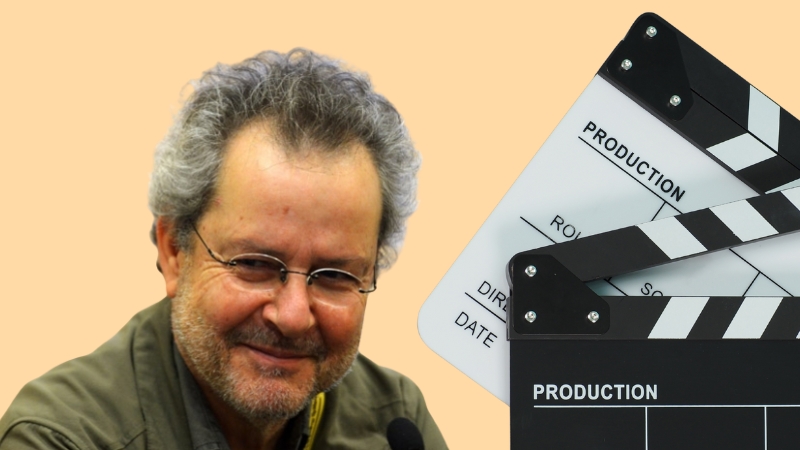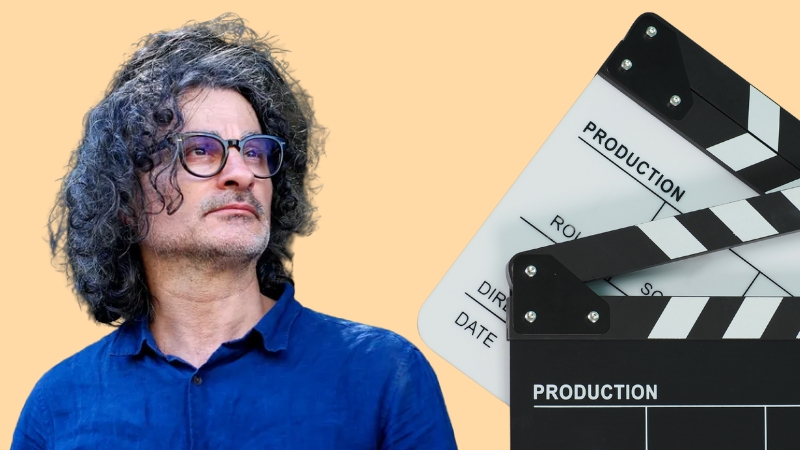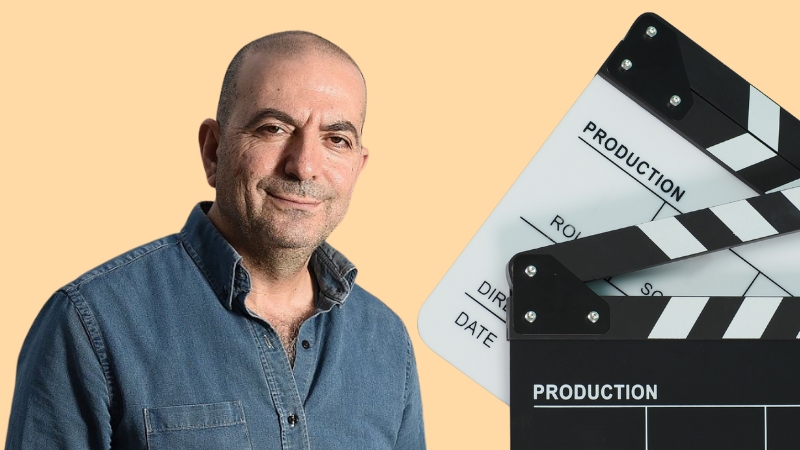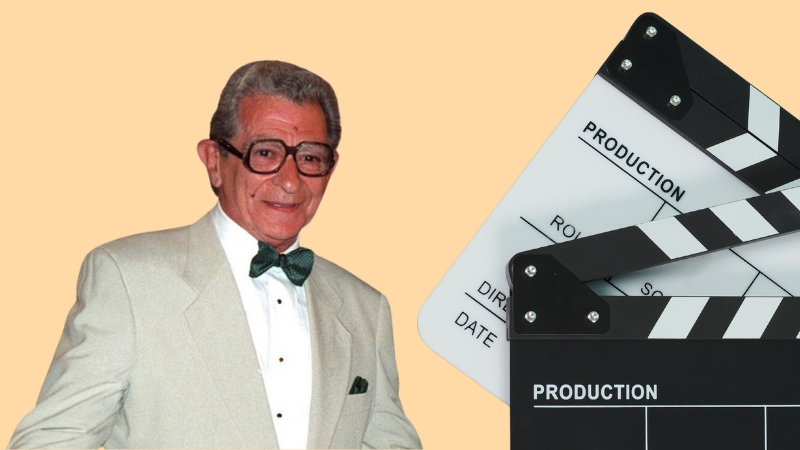Cinema has always been a powerful way to tell stories—but in the Arab world, it’s been something more.
It’s been a voice for the unheard, a spotlight on social issues, and in many cases, a bold challenge to censorship and tradition.
Over the years, several Arab filmmakers have stepped up to do just that—using film not just to entertain, but to provoke thought, stir emotion, and represent realities that often go unseen on the big screen.
So, who are the Arab directors who have left a lasting mark on the world of cinema? In this article, we’ll look at 10 of the most influential names—from pioneers like Youssef Chahine to modern trailblazers like Nadine Labaki and Kaouther Ben Hania.
These are the filmmakers who’ve made waves both at home and internationally, and whose iconic works continue to shape how the world sees Arab culture, politics, and identity.
Quick Look
Director
Country
Most Iconic Film
Year
Youssef Chahine
Egypt
Cairo Station
1958
Nadine Labaki
Lebanon
Capernaum
2018
Hany Abu-Assad
Palestine
Paradise Now
2005
Mohamed Diab
Egypt
Clash
2016
Elia Suleiman
Palestine
Divine Intervention
2002
Nouri Bouzid
Tunisia
Man of Ashes
1986
Ziad Doueiri
Lebanon
The Insult
2017
Haifaa Al-Mansour
Saudi Arabia
Wadjda
2012
Merzak Allouache
Algeria
Bab El-Oued City
1994
Kaouther Ben Hania
Tunisia
The Man Who Sold His Skin
2020
1. Kaouther Ben Hania (Tunisia)
View this post on Instagram
Other Notable Works:
Kaouther Ben Hania is one of the boldest voices in Arab cinema right now. She blends sharp social critique with artistic storytelling that isn’t afraid to push boundaries.
The Man Who Sold His Skin is a clever and deeply political film that explores how refugees can be dehumanized, even when “accepted” by the Western world.
The concept of turning a refugee into a living artwork is provocative, but Ben Hania handles it with grace and biting commentary.
Her earlier film, Beauty and the Dogs, used a real-time, one-shot style to show a young woman’s frustrating attempt to report a rape to Tunisian authorities. Her latest, Four Daughters, won the Cannes Jury Prize. Every film she makes feels like a necessary conversation.
2. Merzak Allouache (Algeria)

Other Notable Works:
Merzak Allouache is a master of capturing Algeria’s social and political realities.
Bab El-Oued City looks at the roots of radicalization in a poor Algiers neighborhood, showing how religion, poverty, and politics collide on the ground level.
With films like Omar Gatlato, he gave voice to Algeria’s youth, showing their frustrations, dreams, and limits with authenticity. Allouache has spent decades making socially conscious films that don’t preach—they simply reflect, and that’s why they resonate so deeply.
3. Haifaa Al-Mansour (Saudi Arabia)
Other Notable Works:
Haifaa Al-Mansour made history with Wadjda, the first film ever shot entirely in Saudi Arabia—and the first by a Saudi woman.
The story, about a young girl who just wants a bicycle, speaks volumes about freedom, gender roles, and quiet resistance.
She faced huge challenges making the film, often directing from a van due to cultural restrictions.
But she did it anyway, and the result was an internationally acclaimed debut. Since then, she’s balanced work in both Hollywood and Saudi Arabia, always bringing strong female perspectives to the screen.
4. Ziad Doueiri (Lebanon)

Other Notable Works:
Ziad Doueiri’s films get into Lebanon’s historical and political wounds. The Insult begins with a simple argument that escalates into a full-blown court case, exposing decades of sectarian tension. It was nominated for an Academy Award and sparked major national debates.
His earlier film, West Beirut, is a coming-of-age story during the civil war—one that blends humor, tragedy, and memory.
5. Nouri Bouzid (Tunisia)
View this post on Instagram
Other Notable Works:
Nouri Bouzid broke taboos before anyone else in Tunisian cinema. Man of Ashes tackled male sexual abuse—something never spoken about openly in Arab film at the time.
The movie was bold, painful, and ahead of its time.
His films often explore masculinity, identity, and trauma. He focuses on young men trying to figure out who they are in societies that expect them to conform.
Bouzid has been a fearless storyteller for decades, always choosing truth over comfort.
6. Elia Suleiman (Palestine)

Other Notable Works:
Elia Suleiman’s style is unmistakable—silent, observational, and gently surreal.
He uses long pauses, deadpan humor, and absurd imagery to highlight the frustrations of everyday life under occupation. Divine Intervention is full of visual metaphors that speak louder than words.
He often plays a version of himself in his films—just watching, reacting, never speaking.
7. Mohamed Diab (Egypt)
Other Notable Works:
Mohamed Diab doesn’t play it safe. Clash, shot entirely inside a police truck during Egypt’s post-revolution chaos, shows the raw tension between Egyptians from different political factions—all trapped together.
It’s one of the most intense political films of the last decade.
Before that, Cairo 678 was one of the first films to address sexual harassment in Egypt directly.
Diab later made the jump to Hollywood with Marvel’s Moon Knight, but he still uses every platform to spotlight Egyptian stories and issues with clarity and purpose.
8. Hany Abu-Assad (Palestine)

Other Notable Works:
Paradise Now took on a subject that few dared to touch—suicide bombers—and explored it through a deeply human lens. Hany Abu-Assad doesn’t simplify the Palestinian struggle.
He gets into its moral conflicts, personal cost, and emotional weight.
His follow-up, Omar, continued this tone of realism and heartbreak, showing how loyalty and survival are constantly at odds in occupied territories.
9. Nadine Labaki (Lebanon)
@dohafilminstitute Nadine Labaki, Lebanese director and actror. Known to be the first female Arab to be nomiated for an Oscar for her Capernaum film✨#filmtok #arabcinema #dohafilm #nadinelabaki #capernaum #netflix ♬ original sound – L🤲🏻
Other Notable Works:
Nadine Labaki brings emotional storytelling to the forefront of Arab cinema.
With Capernaum, she told a story of a young boy suing his parents for bringing him into a world of suffering. It’s a heartbreaking, powerful film that earned an Oscar nomination and shook audiences worldwide.
Labaki often works with non-actors and real locations to create deeply authentic experiences.
Her work puts a human face on poverty, migration, and gender struggles—without ever feeling forced or artificial.
10. Youssef Chahine (Egypt)

Other Notable Works:
Youssef Chahine laid the foundation for Arab cinema as we know it.
With Cairo Station, he shocked audiences by showing the darker sides of desire and mental illness at a time when Egyptian films were more glamorous and clean-cut.
Over his long career, Chahine covered everything from colonialism and class struggle to personal identity and history.
He helped launch the international career of Omar Sharif and mentored a generation of filmmakers.
Bottom Line
Arab cinema is as rich and diverse as the region itself. These ten directors didn’t just make great films—they used the medium to challenge norms, open conversations, and tell stories that matter.
Whether it’s Youssef Chahine’s groundbreaking work in Egypt, Nadine Labaki’s emotional portraits of Lebanese life, or Kaouther Ben Hania’s fearless social critiques, each of these filmmakers brings something unique to the screen.
Their stories are personal, political, poetic—and above all, powerful. If you’re looking to explore Arab cinema, these are the names to start with and the films that truly leave a mark.